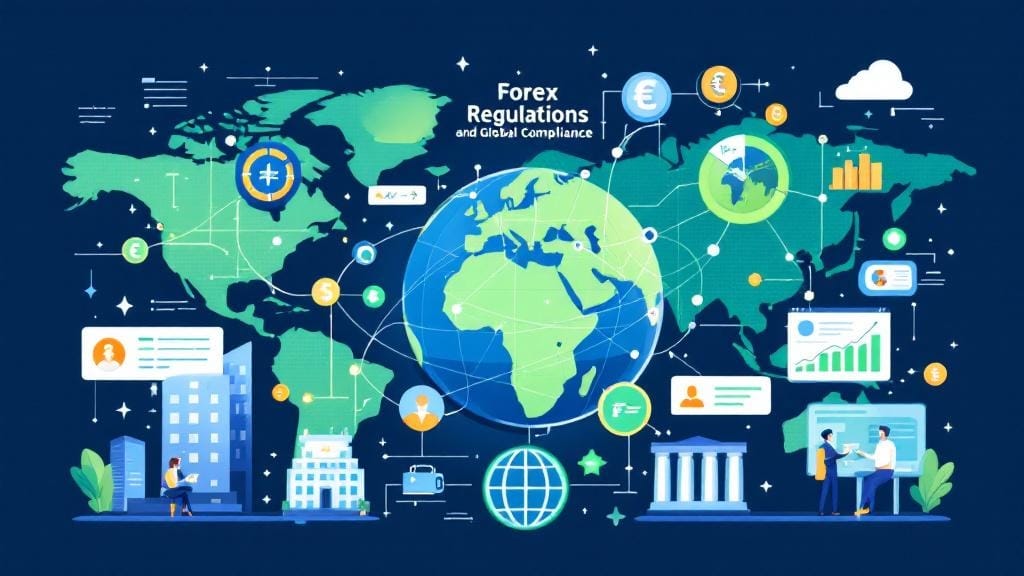Struggling with debt can feel overwhelming—but you’re not alone, and there is affordable help available. Non-profit debt counseling provides professional, judgment-free guidance to help you regain control of your finances—without the high fees often associated with for-profit services.
Whether you’re facing credit card debt, juggling monthly bills, or unsure how to plan a realistic budget, this guide will walk you through how non-profit credit counseling works, how to find trustworthy support, and how to take your first steps toward financial freedom.
🌟 What Is Non-Profit Debt Counseling?
Non-profit debt counseling is a service offered by certified 501(c)(3) organizations designed to help individuals understand their financial situation and develop personalized strategies to reduce or eliminate debt. These agencies offer a variety of services such as:
-
Free debt counseling services
-
Debt consolidation plans
-
Budget planning assistance
-
Credit card debt relief
-
Financial literacy programs
Unlike for-profit companies, nonprofit credit counseling agencies do not aim to make money from your hardship. Their primary mission is to educate, support, and empower consumers.
🛠️ Services Offered by Nonprofit Credit Counseling Agencies
Most reputable nonprofit organizations offer a wide range of support tools. Here’s what you can expect when you sign up for help.
✅ 1. Free Initial Consultation
Most certified nonprofit debt counselors offer a free, no-obligation consultation. During this meeting, you’ll review your:
-
Total debts and interest rates
-
Monthly income and expenses
-
Credit report and credit score
-
Financial goals
This session typically lasts 30–60 minutes and is the first step toward creating a custom debt repayment strategy.
✅ 2. Debt Management Plans (DMPs)
If you qualify, your counselor may recommend a nonprofit debt management program. These programs:
-
Combine multiple debts into one monthly payment
-
Negotiate lower interest rates with creditors
-
Often waive late fees or penalties
-
Last 3–5 years on average
Nonprofit debt consolidation services like these can simplify your financial life and reduce what you owe over time—without taking out new loans.
✅ 3. Budget Planning Assistance
One of the core services provided is personalized budget planning. Your counselor will:
-
Help you track spending
-
Identify unnecessary expenses
-
Build a sustainable monthly budget
-
Create an emergency savings plan
Budgeting isn’t just about spending less—it’s about spending smarter.
✅ 4. Credit Score Improvement
Many clients also want to work on credit score improvement. Counselors can offer:
-
Tips to build or repair credit
-
Insights into your credit report
-
Guidance on when to pay off accounts
-
Support in handling delinquent accounts
Improving your credit doesn’t happen overnight, but with consistent effort and good advice, it’s absolutely achievable.
🧠 How to Choose a Trustworthy Non-Profit Debt Counseling Agency
Not all organizations are created equal. Here’s what to look for when choosing a 501(c)(3) credit counseling agency:
✔️ Certified Counselors
Make sure your agency has certified nonprofit debt counselors, trained in areas like consumer credit, budgeting, and personal finance.
✔️ Accreditation
Look for agencies accredited by organizations such as:
-
National Foundation for Credit Counseling (NFCC)
-
Financial Counseling Association of America (FCAA)
These credentials indicate that the agency meets industry standards and ethical practices.
✔️ Government Approval
Choose a government-approved debt counseling provider, especially if you’re considering bankruptcy or want to be sure your program complies with federal regulations.
✔️ Transparent Fees
Even though most services are free or low-cost, always ask:
-
Are there setup or monthly fees?
-
Are the fees clearly disclosed in writing?
-
Are there any hidden charges?
Reputable debt relief nonprofit organizations will be upfront and transparent.
💸 Benefits of Choosing Non-Profit Over For-Profit Debt Help
There are many reasons to trust a nonprofit agency over for-profit debt services:
| Nonprofit Agencies | For-Profit Companies |
|---|---|
| Focus on education & support | Focus on profit margins |
| Lower or no fees | Often charge high fees |
| Certified & regulated | Some operate unregulated |
| Offer budgeting & planning | Typically focus only on debt |
| Higher ethical standards | Aggressive sales tactics common |
Choosing a nonprofit financial counseling provider gives you access to long-term tools, not just a quick fix.
📋 Real-Life Example: How a Debt Management Plan Saved Sarah
Sarah, a 32-year-old teacher, had accumulated $18,000 in credit card debt. With minimum payments barely covering the interest, she turned to a nonprofit credit counseling agency.
The certified counselor:
-
Helped her enroll in a debt management plan
-
Reduced her average interest rate from 22% to 8%
-
Consolidated her payments into one manageable monthly bill
-
Provided free financial literacy programs
Within 4 years, Sarah was debt-free and had increased her credit score by over 100 points.
🙋♀️ Who Should Consider Non-Profit Debt Counseling?
Non-profit debt counseling is ideal for:
-
People with credit card debt they can’t manage
-
Households behind on bills or struggling month-to-month
-
Individuals unsure how to budget or improve credit
-
Anyone seeking free nonprofit debt advice
If you’re serious about changing your financial future, nonprofit counseling is a safe, affordable starting point.
📞 How to Get Started Today
Ready to explore your options?
-
Research accredited agencies (NFCC or FCAA websites are great starting points)
-
Schedule a free consultation
-
Gather your financial documents
-
Be honest about your situation
Remember, asking for help is not a weakness—it’s a first step toward strength.
❓ Frequently Asked Questions (FAQs)
🔹 What is the difference between nonprofit debt counseling and debt settlement?
Debt counseling focuses on education and repayment through structured plans, while debt settlement involves negotiating to pay less than you owe. Settlement can harm your credit, while nonprofit debt counseling helps protect or improve it.
🔹 Are nonprofit debt management programs safe?
Yes—when provided by certified nonprofit agencies, these programs are safe, legal, and regulated. Always verify the agency’s 501(c)(3) status and check reviews or accreditation.
🔹 Will using nonprofit credit counseling affect my credit score?
Initially, enrolling in a debt management plan may impact your score slightly. But over time, as you make regular payments and reduce debt, your score is likely to improve.
🔹 Can I get help with student loans or medical debt?
Yes. Many agencies also offer personal finance counseling for student loans, medical bills, and other unsecured debts, along with interest rate negotiation where possible.
🔹 What if I only need help creating a budget?
No problem. Many agencies offer budget planning assistance as a standalone service—no debt required.
🔹 Do nonprofit agencies offer financial education?
Absolutely. Most provide financial literacy programs, including workshops, webinars, and one-on-one coaching.
🔹 How do I find the best nonprofit credit counselor near me?
Start by searching for consumer credit agencies approved by the NFCC or FCAA, and filter by your ZIP code. Be sure to read reviews and confirm credentials.
🏁 Final Thoughts: Take Control with Non-Profit Debt Counseling
Debt doesn’t have to define your life. With the help of non-profit debt counseling, you can:
-
Regain financial confidence
-
Create a realistic repayment plan
-
Improve your credit over time
-
Learn lifelong money management skills
There’s no shame in asking for help—especially when it’s affordable, confidential, and built around your needs. Let a trusted 501(c)(3) credit counseling agency be your guide toward a debt-free future.








Comments (0)